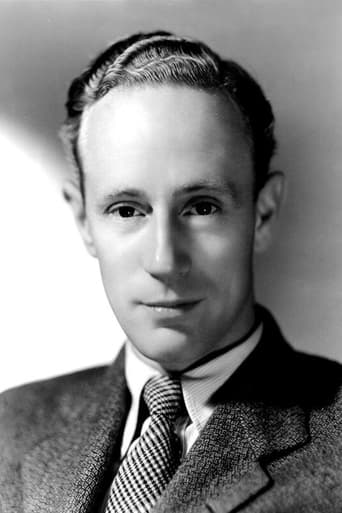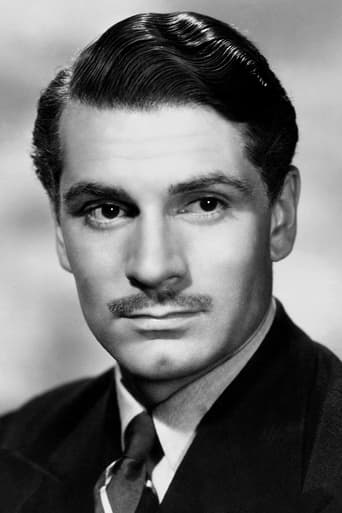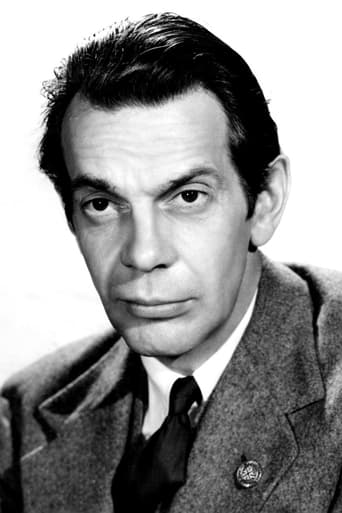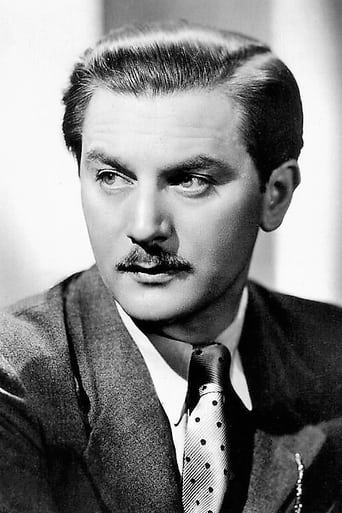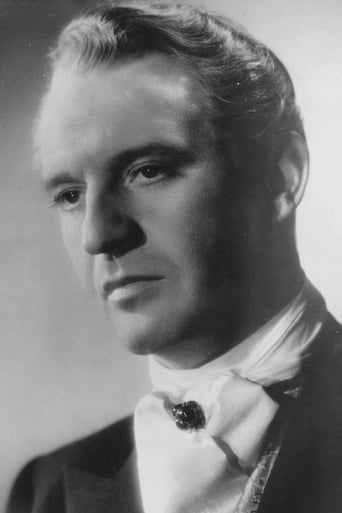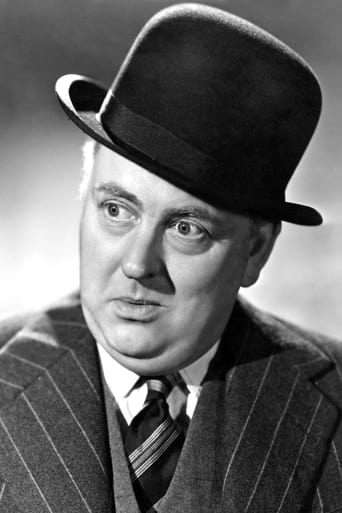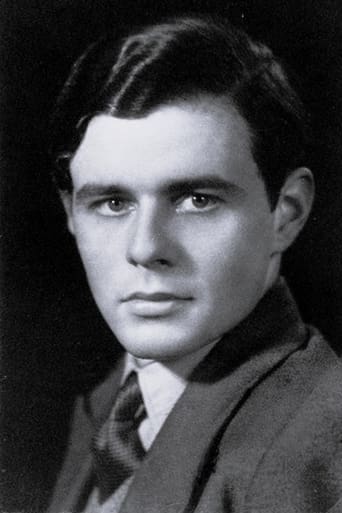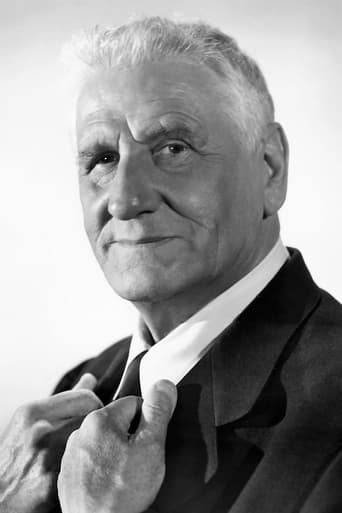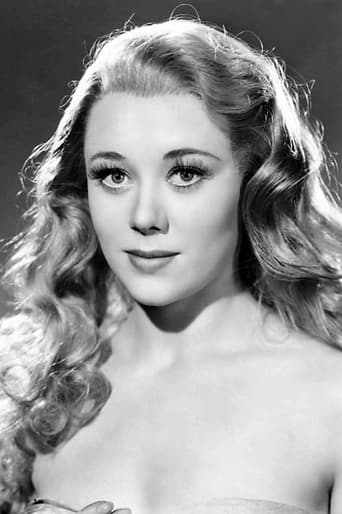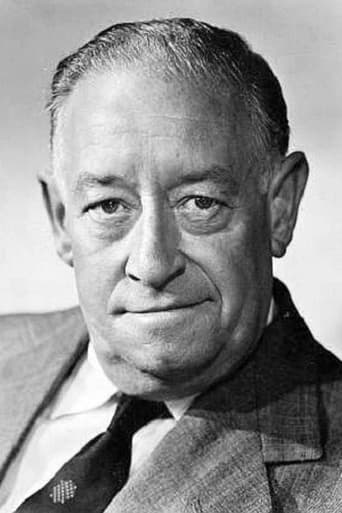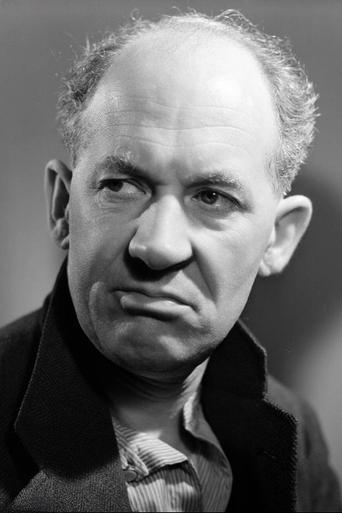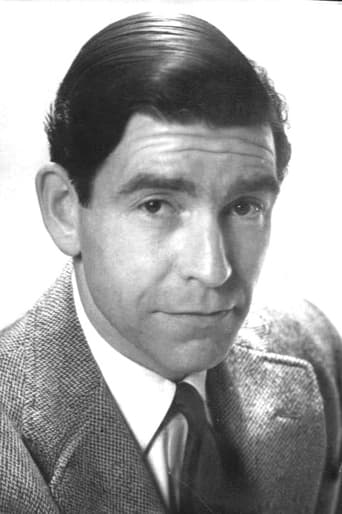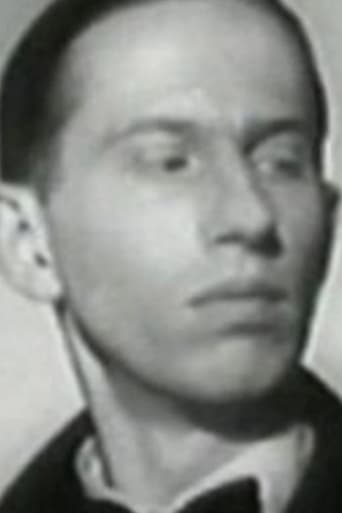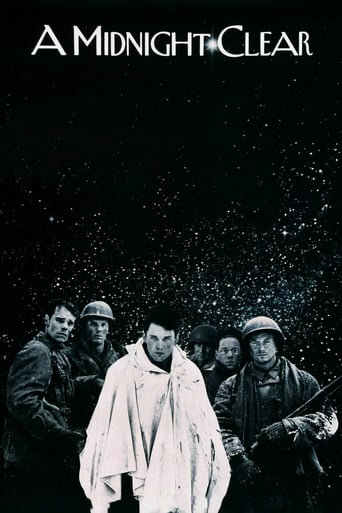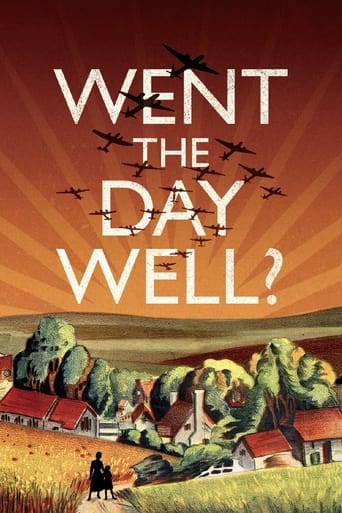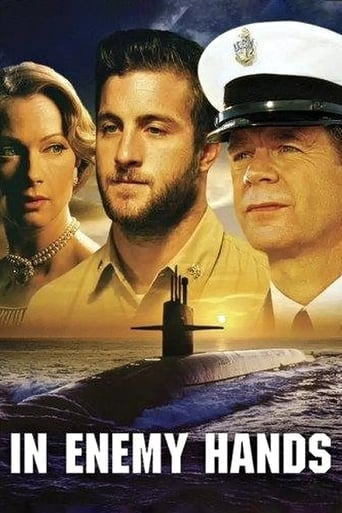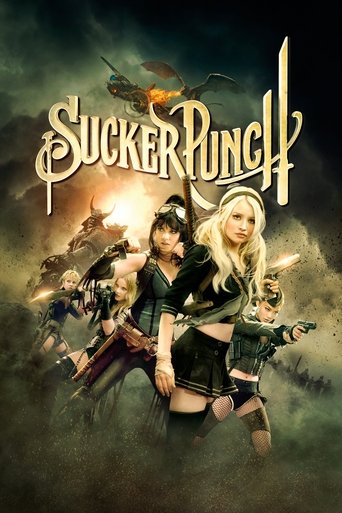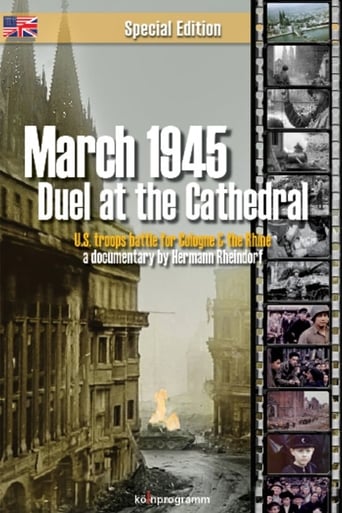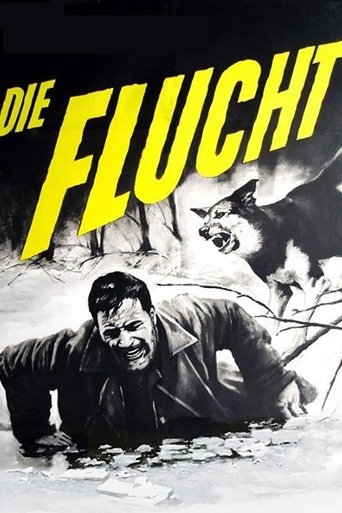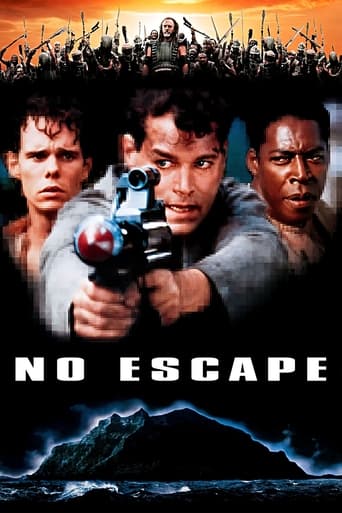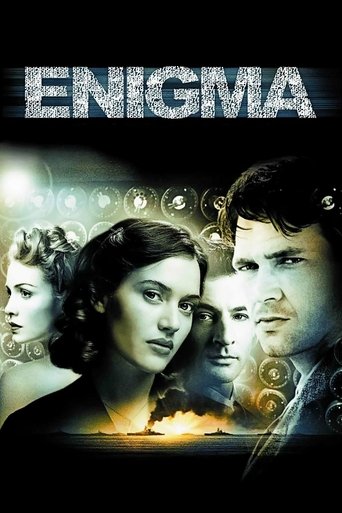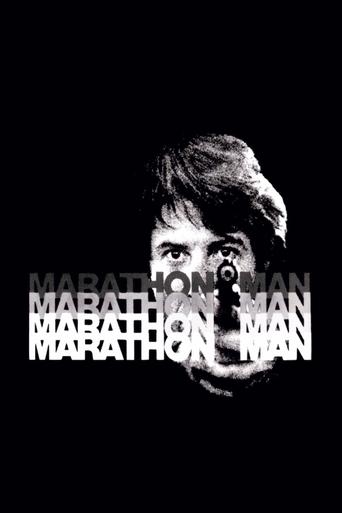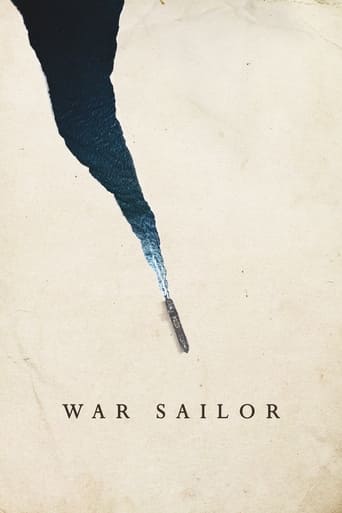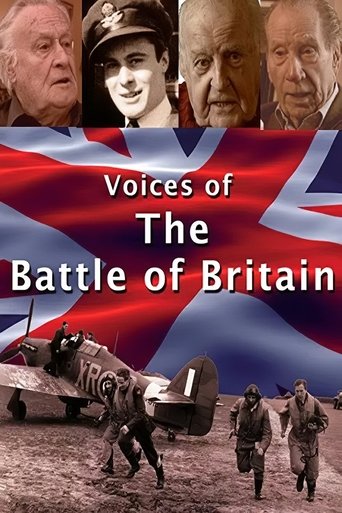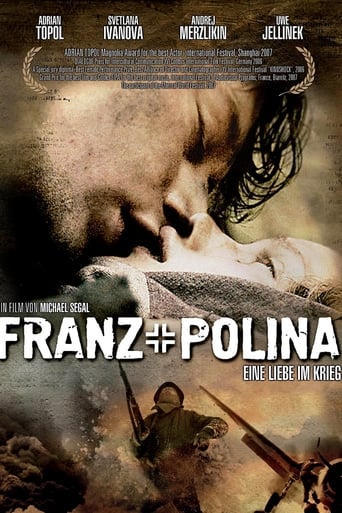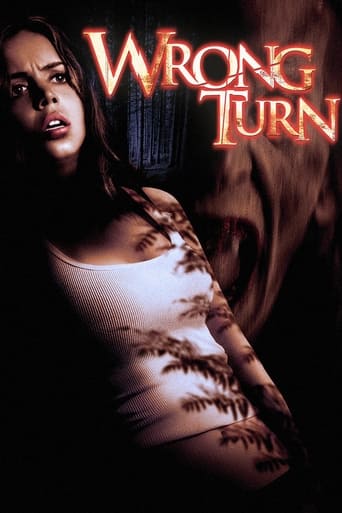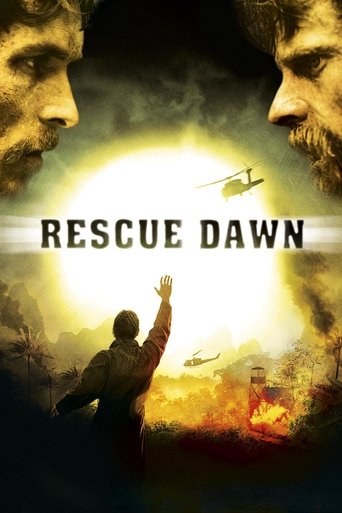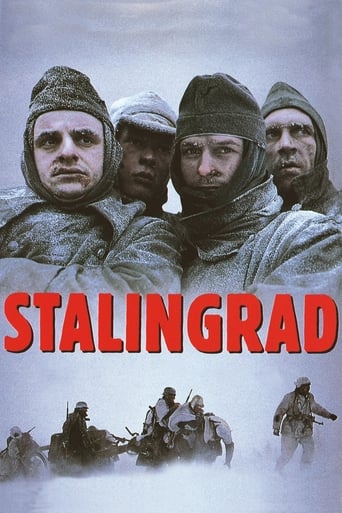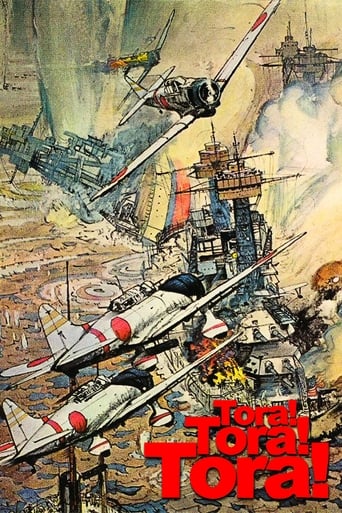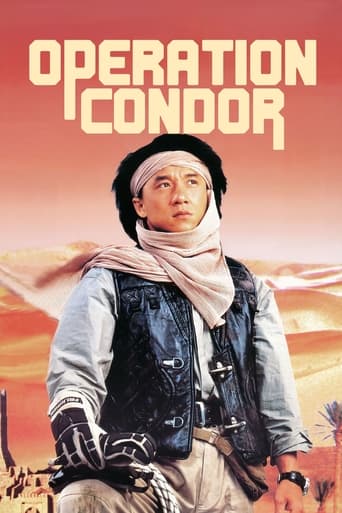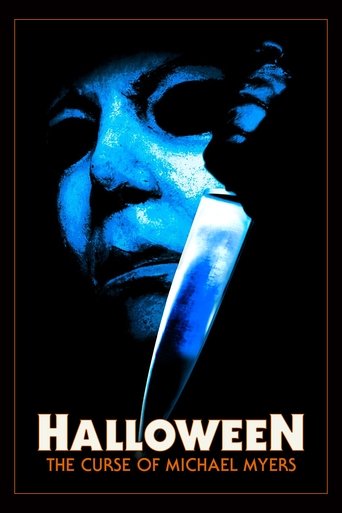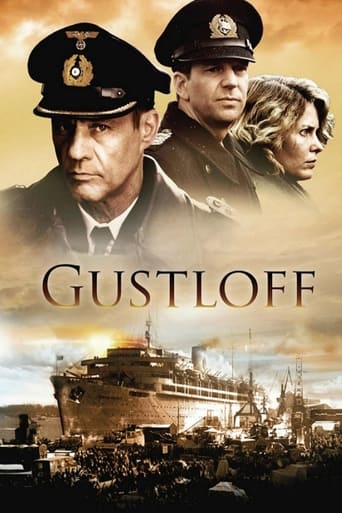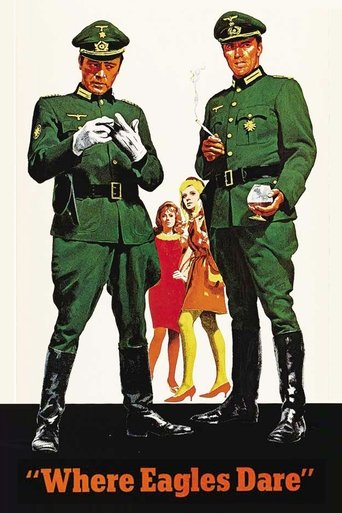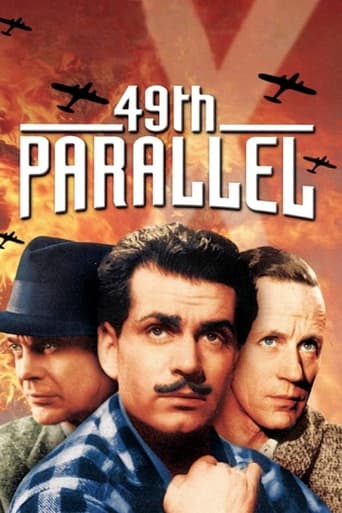
49th Parallel (1941)
In the early days of World War II, a German U-boat is sunk in Canada's Hudson Bay. Hoping to evade capture, a small band of German soldiers led by commanding officer Lieutenant Hirth attempts to cross the border into the United States, which has not yet entered the war and is officially neutral. Along the way, the German soldiers encounter brave men such as a French-Canadian fur trapper, Johnnie, a leader of a Hutterite farming community, Peter, an author, Philip and a soldier, Andy Brock.
- Michael Powell
- Arthur Seabourne
- Emeric Pressburger
- Emeric Pressburger
- Emeric Pressburger
- Rodney Ackland
Rating: 6.9/10 by 105 users
Alternative Title:
Forty-Ninth Parallel - GB
Gli invasori - 49° parallelo - IT
Paralelo 49 - BR
49. breddegrad - NO
Επιτάφιος για Έναν Κατάσκοπο - GR
The Invaders - US
Country:
United Kingdom
Language:
Deutsch
Français
English
Runtime: 02 hour 03 minutes
Budget: $0
Revenue: $0
Plot Keyword: canada, airplane, nazi, escape, propaganda, world war ii, mountain, impostor, war propaganda, impersonation
A quirky war film for various reasons, this one. A Nazi submarine crew are raiding North Atlantic shipping when their submarine is destroyed near the Canadian coast. The crew of survivors - led by a curiously cast Eric Portman - take over an Hudson's bay Company post frequented by a French-Canadian Laurence Olivier and Finlay Currie - a redoubtable Scot who is determined not to to stand for this "invasion". What follows is a sightly haphazard series of stories depicting their attempt to make it back to the Fatherland - by just about every means of transport - barring an hot air balloon - known to man at the time. The last half hour picks up the pace cleverly - with a typically civilised performance from Leslie Howard, as the survivors near their goal, demonstrating that the pen may well be mightier than the sword before a final encounter with Raymond Massey. The cast behind the camera is just as notable - Freddie Young and David Lean (editor) work on Emeric Pressberger's story, under Michael Powell's direction to bring the full effects of the wonderful Canadian scenery; light/shades and hues - as well as a good, taut dialogue - much less trite than in some early, more propagandist efforts.
An incredible journey with the antagonists being the stars. Most WWII films about men behind enemy lines depict the "good guys" I dare say, in the Allies, behind enemy lines. Here, we get the exact opposite, with six Uboat survivors from Germany stuck behind enemy lines. There is so much that is outstanding about this film that it would take pages to explain. It's likely the very film that caused Hitler to put a bounty on Leslie Howard, who ridiculed him with great aplomb, a bounty that may have been the cause of Howard's real life death. Many other behind the scenes ironies in this film. Foremost, it is made in 1941, before December 7, and depicts the U.S. as a neutral nation that the six Germans try to reach. In fact, much of the motif of this film is how Canada was just recently brought into the war. The score is perhaps the greatest in film History. The scenery is spectacular. The beginning narration is superb and dramatic. While the film follows the bafdy guys, we come upon many good guys who meet them one by one, which illustrates the characters of each. What I find remarkable about this film is the insight into what made the German war machine work. The six UBoat survivors are totally unique characters, each of whom is a cog in the machine, with different motivations. The leader of the Germans is played by Eric Portman, and he does an incredible job as a materialistic atheist who actually thinks his inhumanity is Humanity. Second in command is a proud aristocrat who brags about being one of the first in the Nazi party. Third is the one German who actually has a morality and presents the best of the Germans. He regularly saves the others from harm and could be a hero on another team, but his questioning of the Nazi ideology puts him lower and lower on the scale of the men whose lives he saves, and whom he is clearly better than in every way. This one, Vogel, played by Niall MacGinnis, dominates the meat of the story which occurs in a religious commune in Canada, and his story gives this film an amazing depth which I won't spoil. The fourth soldier is a brute, just a total brute. A willing pawn of Nazi brutality. The fifth is a career soldier, older than the others, who is one of the braver ones when in uniform, but totally loses his composure when he must traipse through Canada in civilian garb. The sixth soldier is the most humorous, a total opportunist with no real morals other than survival. We get a great look at the difference between him and the leader when they are in an outdoor shower with hot and cold water. The leader arrogantly uses cold water to prove he is tough, while this soldier gives him a comical "what an idiot" look while using hot water for himself. He adds very credible comic relief. The six soldiers and their personalities give a very in depth look at what made the Nazi war machine work for so long a time. Meanwhile, some of the heroes on the Canadian side include pilots who bomb the Uboat, a Scotsman keeping a trading post, a French trapper, an Eskimo who tries to help the trapper, two men arriving by plane to find what is wrong at the trading post, another Eskimo who shoots one of the Germans dead after the Germans massacre civilians at the post, a 15 year old girl who falls in love with Vogel, the leader of the religious commune, mounties who chase the Germans, Indians who help flush them out, Leslie Howard as Philip Armstrong Scoott who has an interesting interplay with them, a deserter aboard a train, and two freight inspectors. In other words, an entire team of free people willing to work together for the good of every human being, as opposed to the Nazi materialistic ideology. This film will always be a classic. God help the world if people decide it isn't one. The messages are just too great to ignore.

